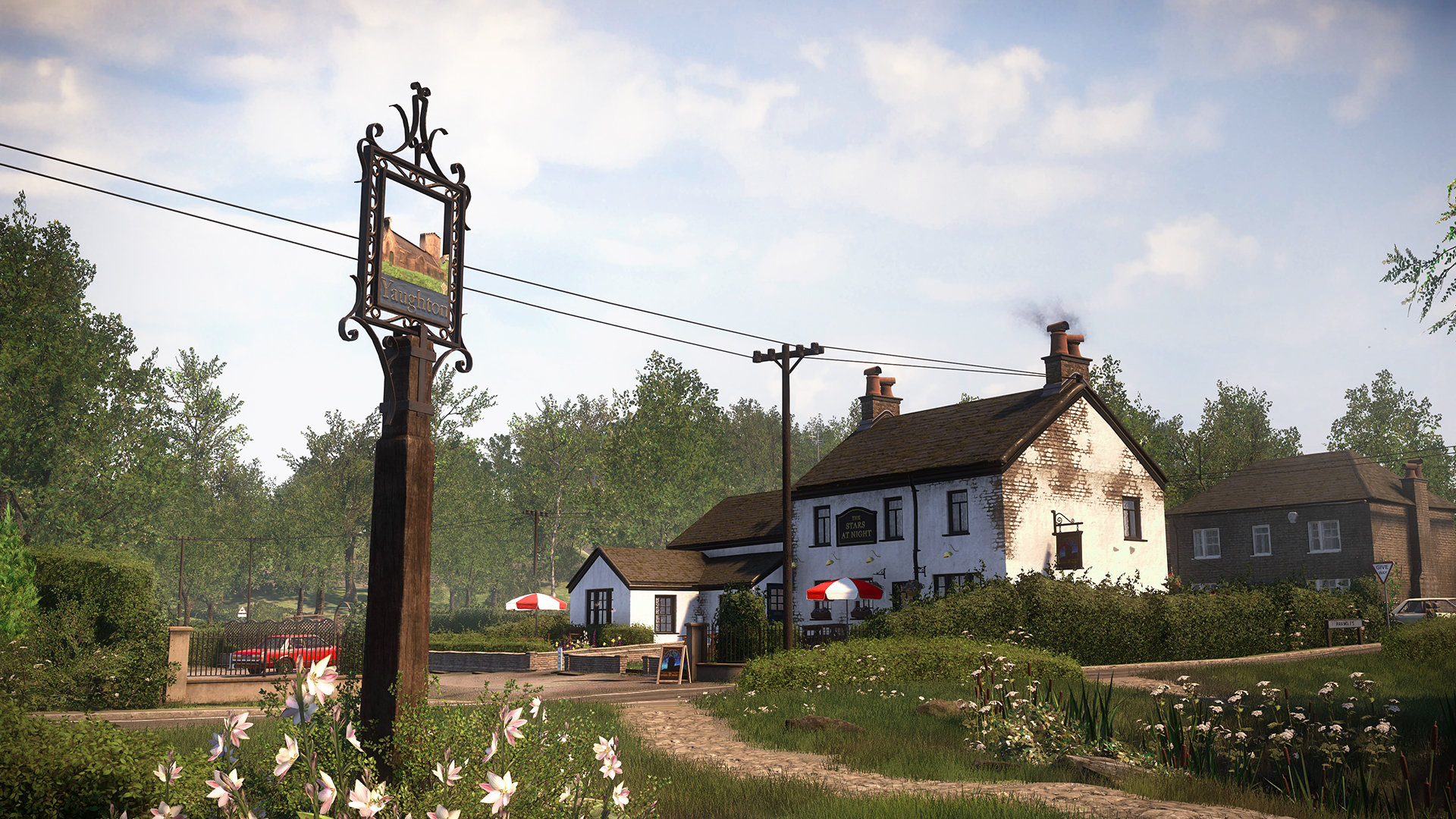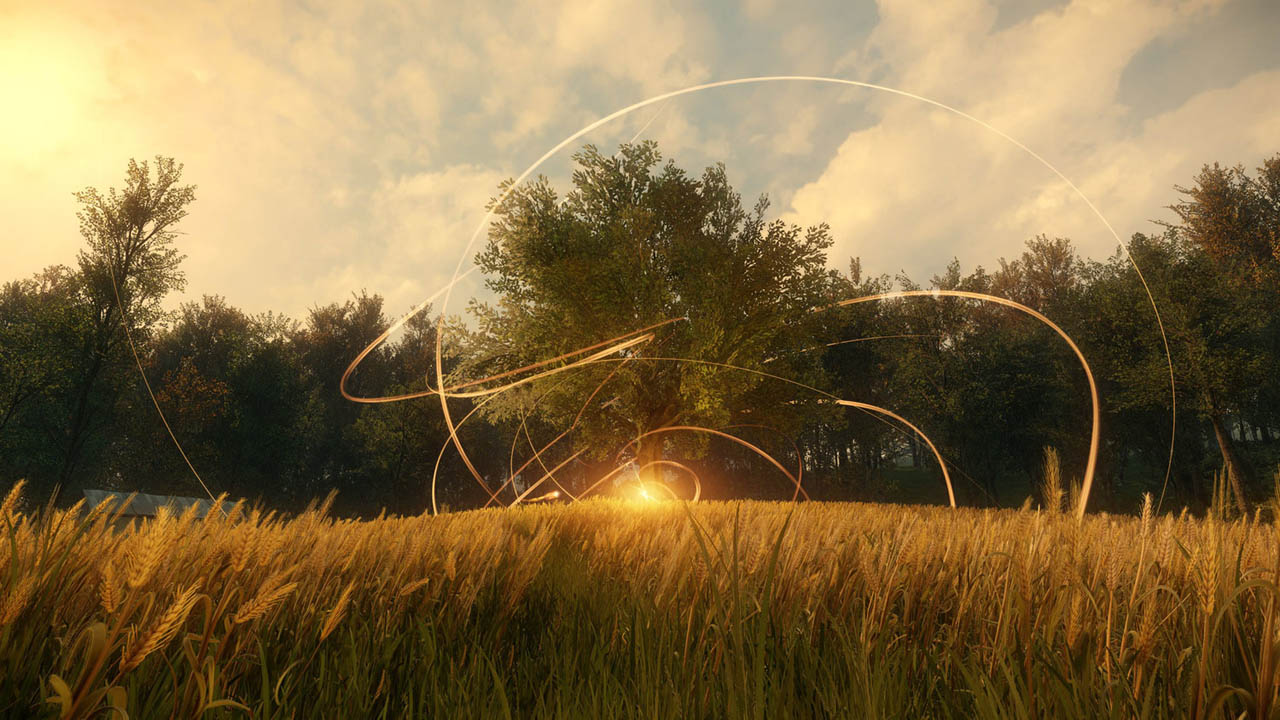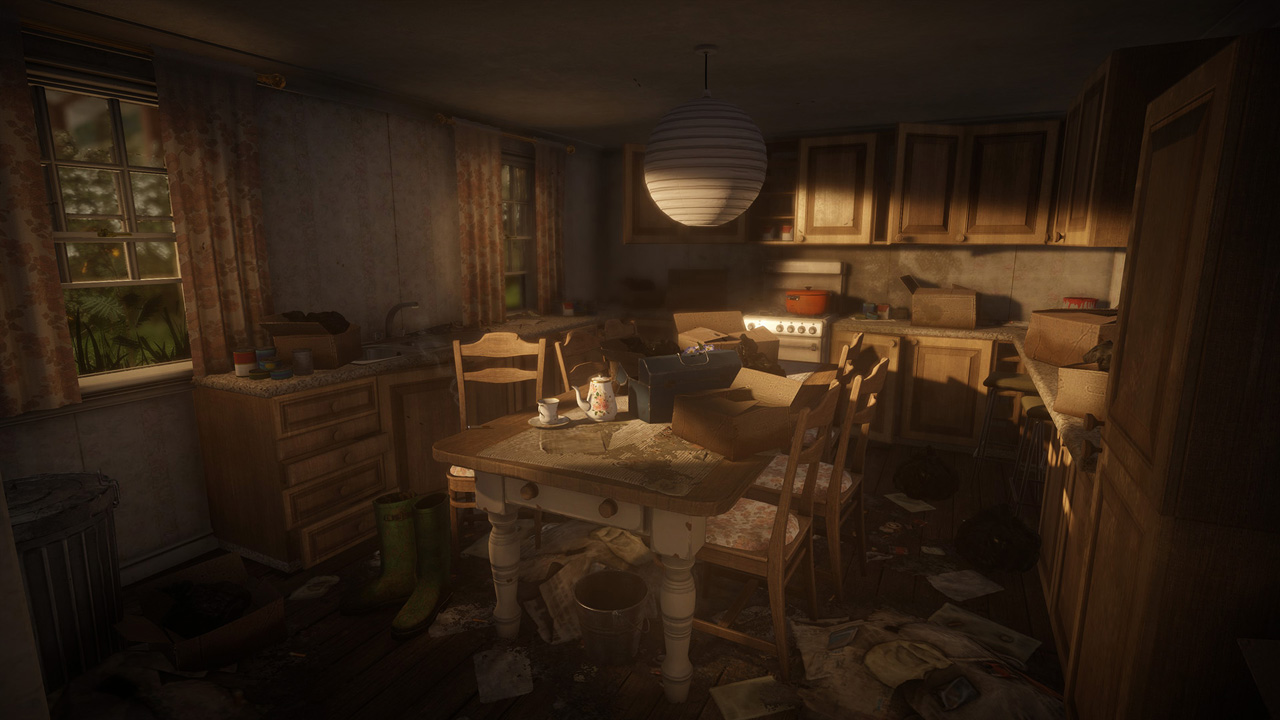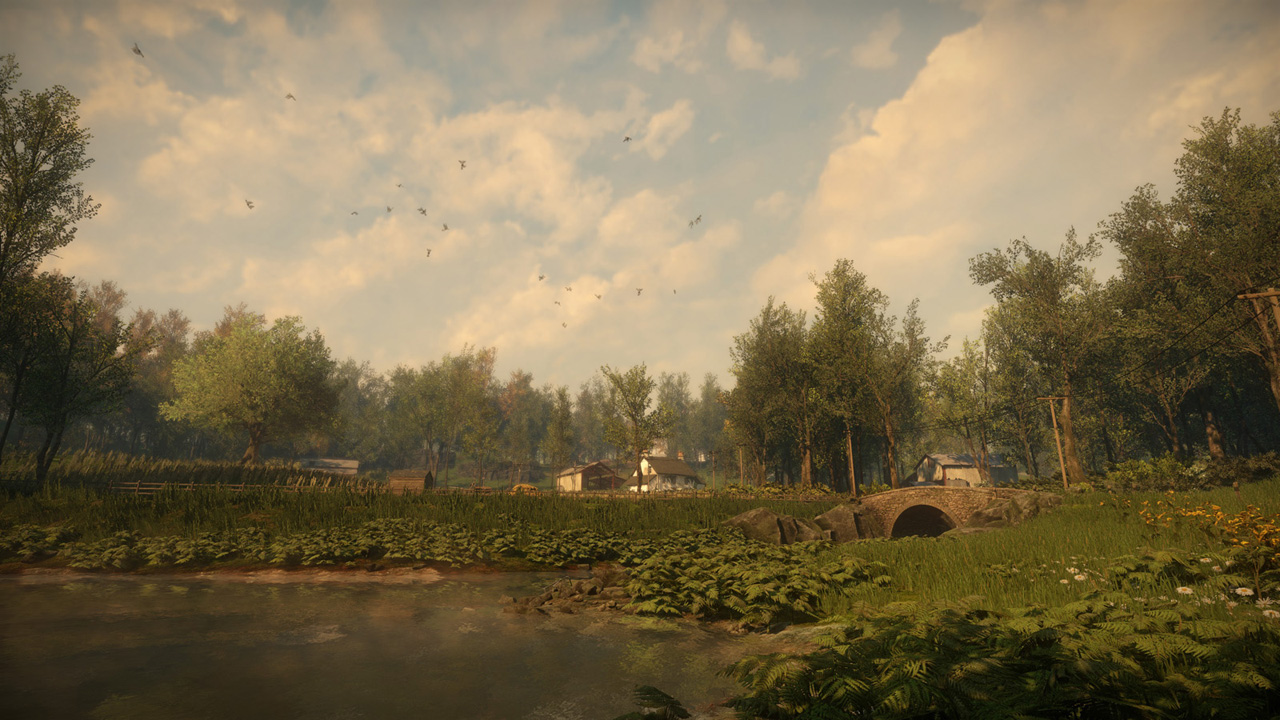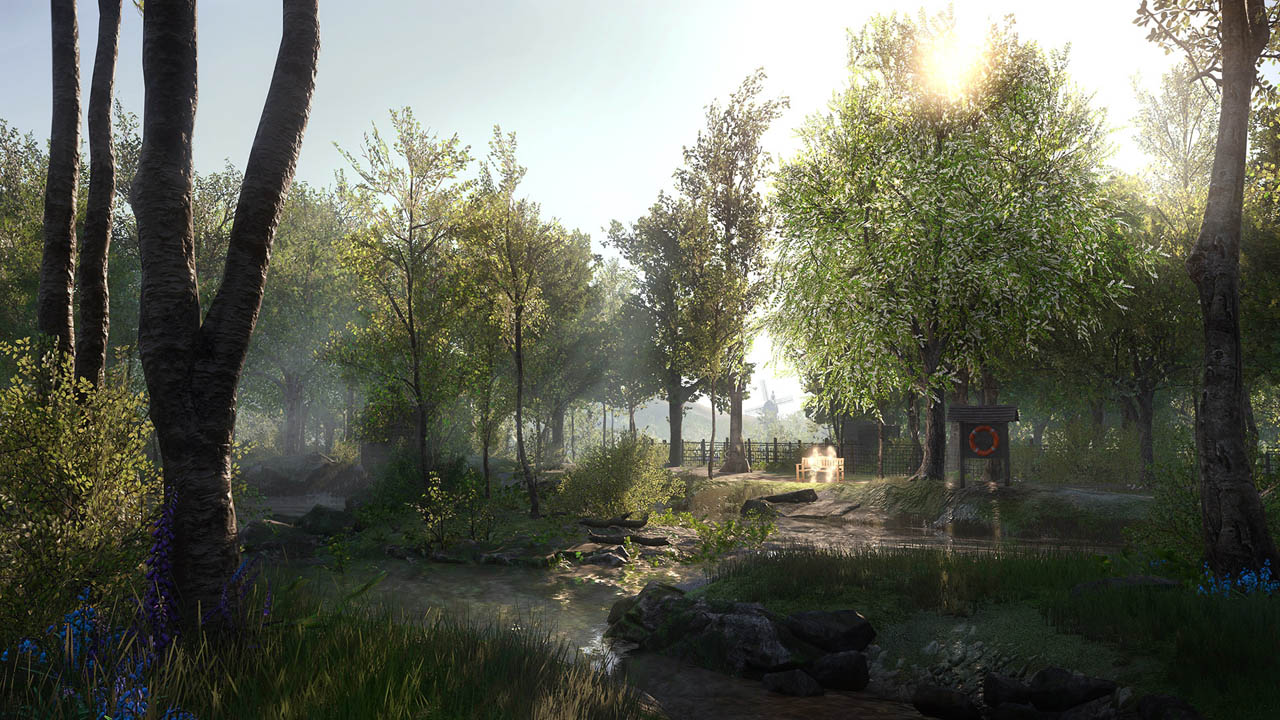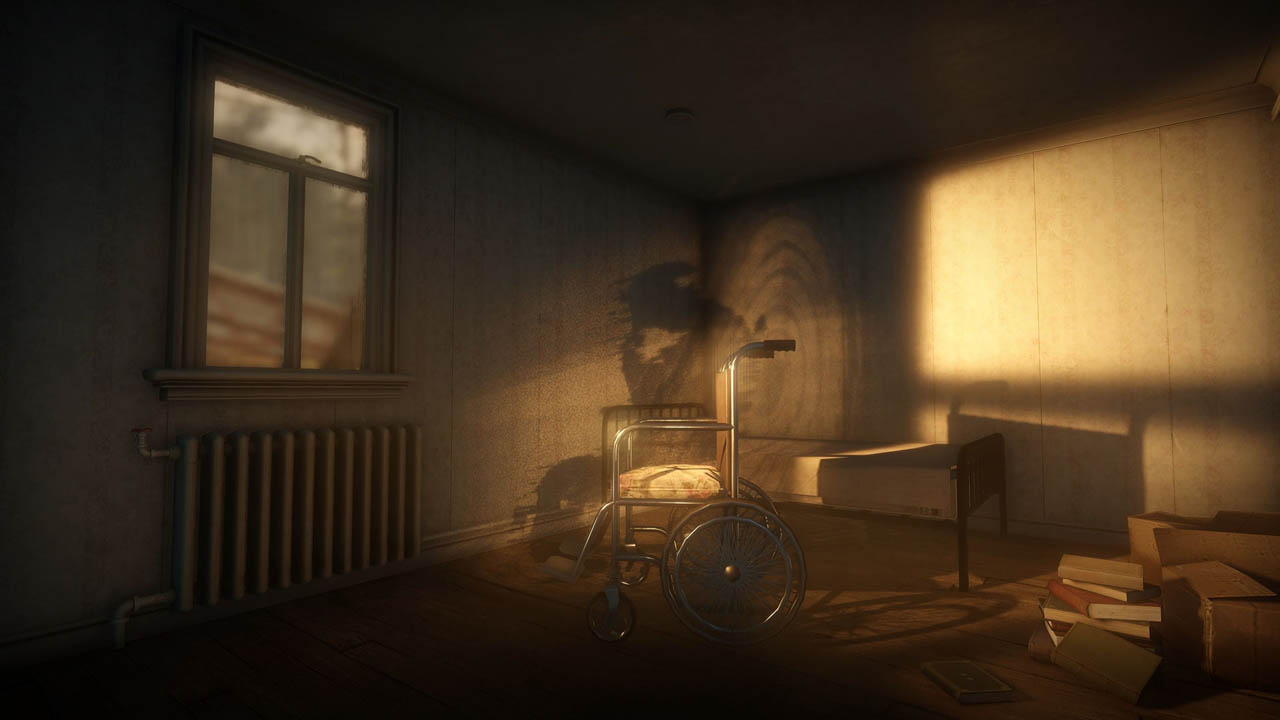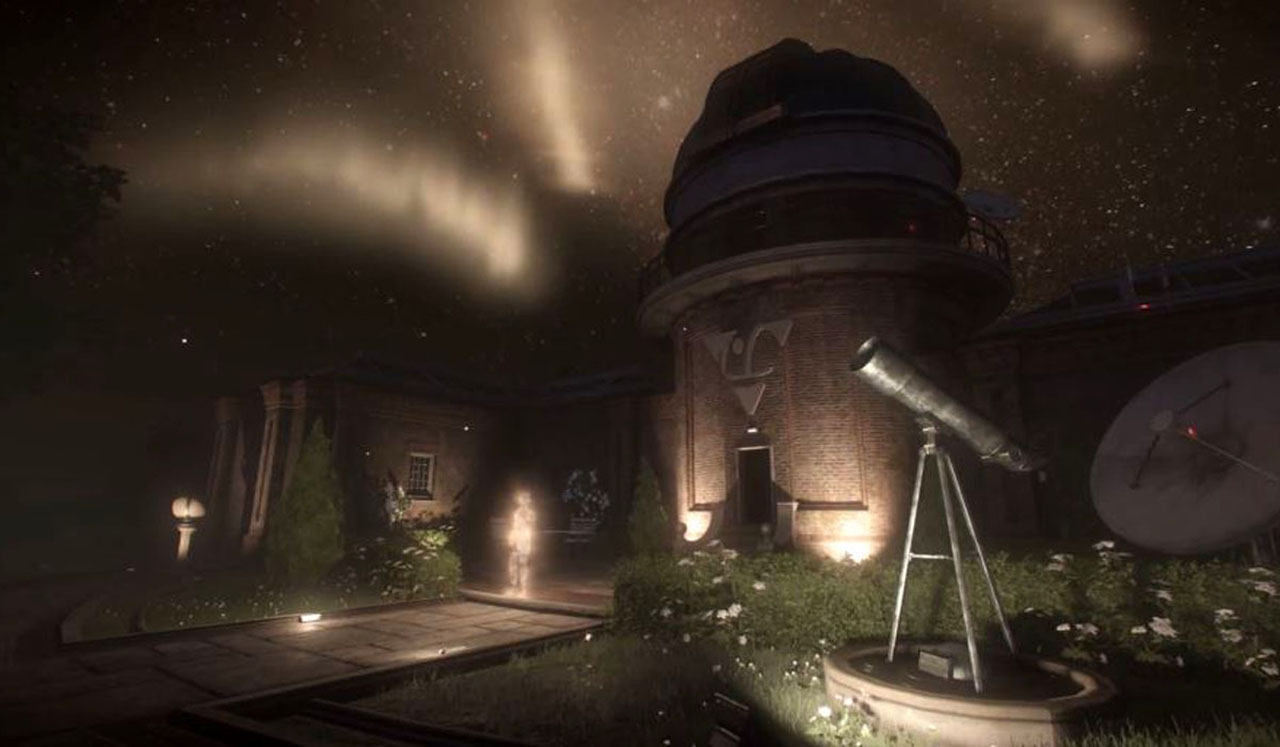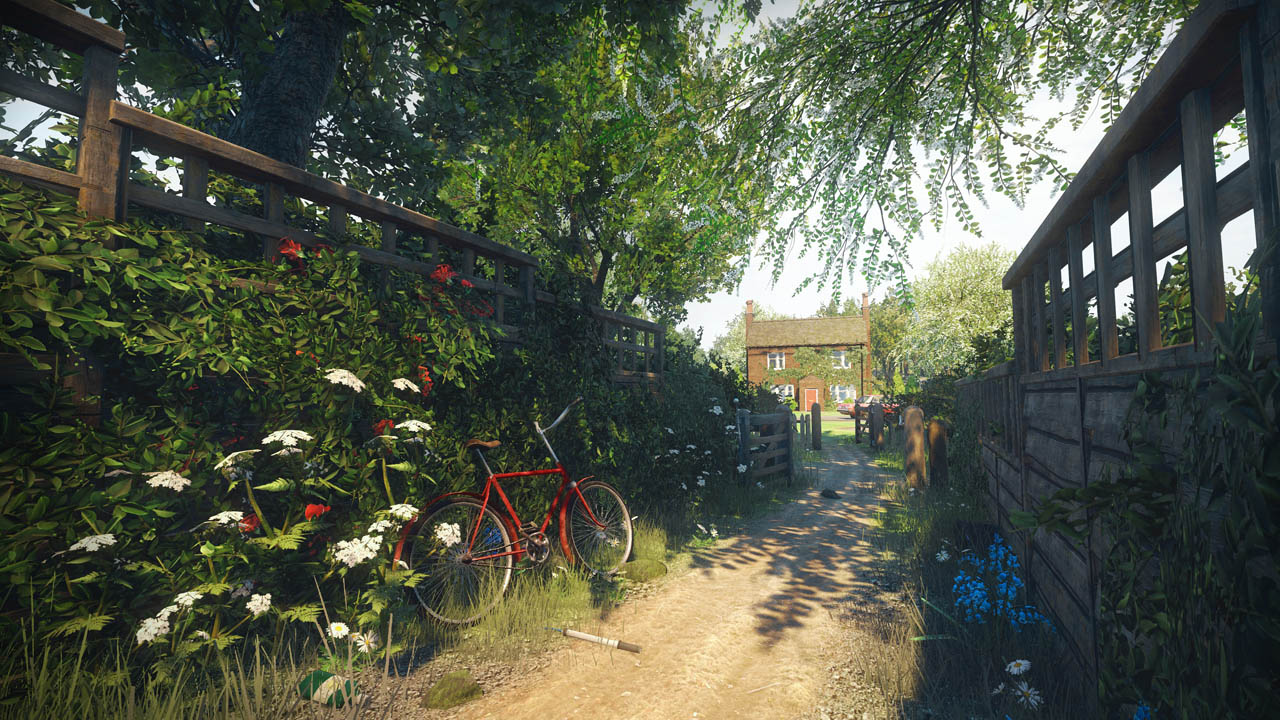Everybody’s Gone to the Rapture is a daring endeavour, a collaboration between British indie developer The Chinese Room and Sony’s San Diego Studios.
Set in a leafy English village, the game tells of a post-apocalyptic story like none other. It’s actually less of a game and more of an interactive narrative told though the media of a video game engine. And it’s not going to be for everyone.
It’s rather unkindly been described as a walking simulator as, essentially, that’s all you do in the game. Everybody’s Gone to the Rapture is by no means the first if its kind, but it is probably the best looking and immersive example yet.
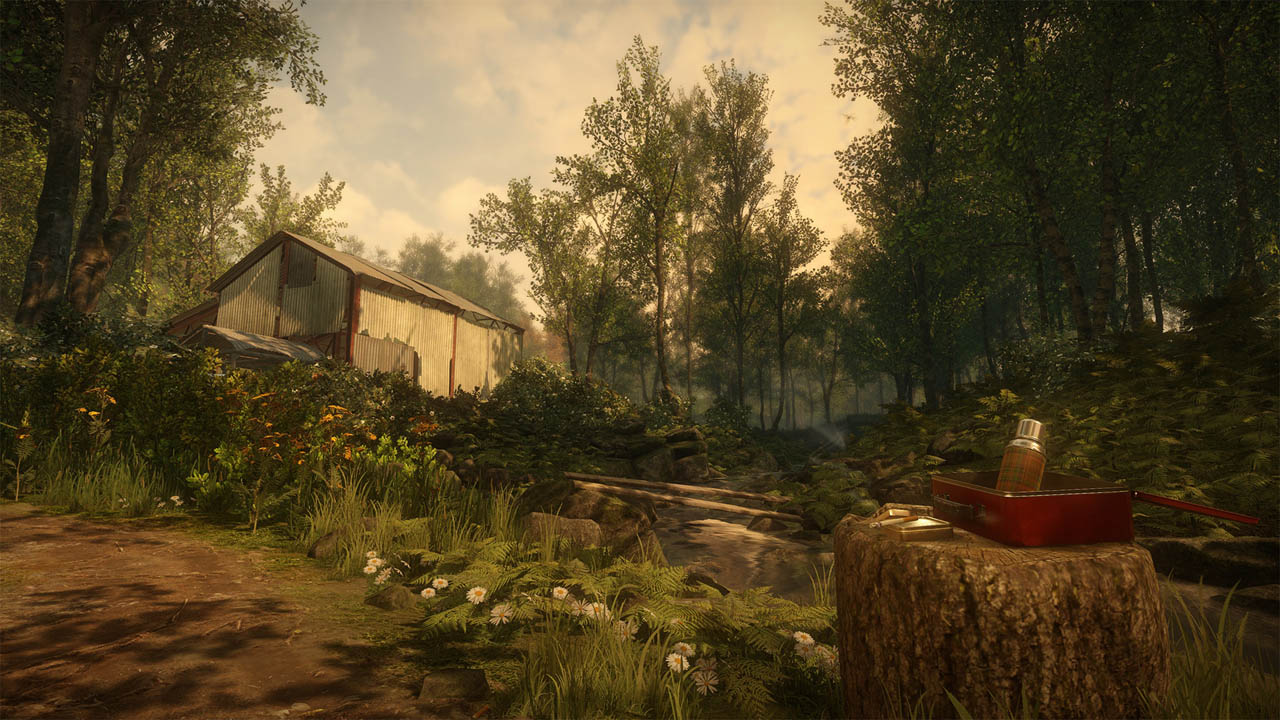
The commercial release of The Chinese Room’s own Dear Esther, in 2012, was my first experience with this style of exploratory story-telling, set on a mysterious Scottish island with the story told via a narrated series of letters, each starting Dear Esther.
Dear Esther presented itself as a refreshing novelty, a break from playing the latest iteration of the same old first-person shooter. Since then the likes of The Stanley Parable, Gone Home and The Vanishing of Ethan Carter have all championed this inspired exploration-style gaming sub-genre.
Everybody’s Gone to the Rapture is a game that is 99% about the story, thus it’s very difficult to impart much about the actual narrative in without potentially spoiling things.
The game starts in the village of Yaughton, Shropshire. A typical English village except for the fact that it is deserted. The streets and houses are empty, abandoned. You are alone, apart from a glowing yellow orb, seemingly leading you on a hike around the village and its surrounds.
The story unfolds via ethereal conversations between the village’s former occupants, played out like echoes in front of you, the figures rendered as silhouettes of dancing light. The plot is further revealed by radios dotted around the village that emit esoteric number sequences until activated, playing a recorded message from a scientist stationed at the radio telescope. Similarly, ringing telephones also offer the player messages from those departed.
Things start out as a series voyeuristic observations of village life, ordinary conversations like something out of a British soap opera, soon twist into the macabre experiences of the villagers before they all seemingly vanished into thin air.
It’s all got a certain eeriness to it that is very British. Understated and subtle, the horrors of what this picturesque village went through unfolds in front of you in the victims own words.
Following the ever-present glowing orb often leads to special areas highlighted by another static orb. At these locations, when the controller is tilted, the sun rapidly sets and the beautiful Milky Way lights up the night sky. During these sequences the player views story events that are more significant than the more mundane conversation dotted around the village.
The narrative is played out as a series of interconnecting chapters each concentrating on a particular character in the run up to the fateful event that left the village so vacant.
This is a game where players must seek out the story rather than have the story come to them. Everyone’s experience will be different, depending on what they explored and the order in which they did it.
Walking around a quant English village listening in on conversations on village life isn’t going to be for everyone. I can see the more twitch-hungry and those with attention deficit issues finding the game, understandably, abhorrent.
The game uses Crytek’s CryEngine, the same engine used to power the incredible-looking Crysis games and the beautiful, but critically panned, Ryse: Son of Rome. As a result, Everybody’s Gone to the Rapture is visually breathtaking. It’s not quite the photo-real experience that I was expecting, but it’s not far off.
The visuals are certainly putting the PlayStation 4 to work, with a noticeably chugging 30fps that’s a far cry from the PS4’s usual performance. The relatively low frame-rate and the odd frame drop is a small price to pay for such astounding graphics.
The village of Yaughton and the countryside are meticulously modelled. The pub, the village shop, the station and the associated infrastructure necessary for English rural life are all authentically realised.
As someone that grew up in an area of England very similar to that of the game, I found myself getting more than a little homesick. Everything from the design of the benches, the waste bins and even the logo on the bus stop are 100% authentic.
The visual detail also tells an important part of the story, further fleshing out the plight of the villagers and their sudden disappearance. There’s a train crash, abandoned cars and dead birds littering the streets.
The game’s full orchestral soundtrack envelops the player, dynamically changing depending on his or her actions.
It’s haunting, but there’s a certain calmness about the score that makes it almost soothing, suggesting that everything is actually OK, never promoting the perceived horror of the events. Dramatic cues are heralded with beautiful choral pieces that really fill you up inside.
The lack of regular save points in the game suggests that the developers want you to experience the game in one sitting, which was fine for Dear Esther’s couple of hours of gameplay, but Everybody’s Gone to the Rapture is going to take you all day to finish. Breaks for family stuff and that will mean suspending the game (locking down your PS4) and telling the rest of the household to touch the console at their peril.
A better save system would also have been handy because as great as the experience is, it’s slow going and does take it out of you after a while. A break to do something else allowed me to return having pondered a bit on exactly what was going on in the village, intrigued to find out more.
The game is a very British take on the sci-fi genre. In essence, it’s akin to a surreal interactive Quatermass radio play full of 1980’s paranoia that would be missing on the Gen-Y set that grew up without the very real fear of nuclear annihilation.
I was going to close by saying that despite this being a beautiful experience, there’s not a lot of replay value in the game. Having let the game soak in, I find myself quite inclined to give it another go. And I think most people will feel the same way if the stuck with it until the end.
Everybody’s Gone to the Rapture is going to mean different things to different people from absolute nonsensical gibberish to the profound. But that’s the true beauty of art.

